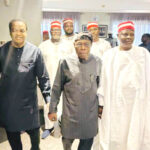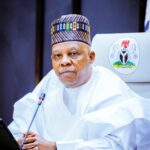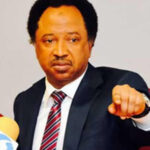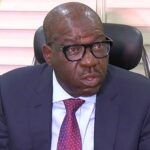Since the conduct of national conventions by political parties, the prominent issue that became the topic of discussion and caught the attention of Nigerians is how the presidential candidates who emerged would pick their running mates.
To beat the INEC’s June 17 deadline for the submission of running mates, the opposition PDP, after consultation and political calculation, picked Governor Okowa of Delta State as Atiku’s running mate.
- Soldier kills fuel attendant in Niger
- Lull in ministries as Buhari yet to replace Amaechi, Onu, others
His selection has surprised many Nigerians, who thought that Governor Nyesom Wike who came second at the primary, would be compensated with the slot.
Attention was shifted to the ruling APC to see how it would pick its own candidate. For the meantime, the party has submitted the name of Ibrahim Kabiru Masari who was the party’s Welfare Secretary, when Adam Oshiomhole was the national chairman of the party.
It was also reported that Labour party (LP), NNPP and other political parties have submitted the names of their candidates. This is a good omen.
As the 2023 general elections continue to elicit excitement, so also the knotty issue of selection or nomination of running mates, particularly by the ruling APC. With the emergence of Bola Ahmed Tinubu as its presidential candidate, the party is totally confused on who should be his running mate.
While Orji Uzo Kalu, the former governor of Abia State, advised the party to pair Tinubu with another Muslim as running mate, the Christian Association of Nigeria (CAN), in a statement signed and released by its secretary general, warned of the danger for toeing such path.
Since the return to democracy, the positions of president and vice president have been shared among the adherents of two dominant faiths in the country (Muslims/Christians). The country missed a golden opportunity in June 12, 1992, when Chief Moshood Abiola, a Yoruba Muslim, picked Babagana Kingibe a Kanuri man and won the election which was annulled by the military administration of Ibrahim Babangida. The sad incidence has continued to haunt the country.
Was the June 12 election not annulled, the current heated debates about the proposed Muslim-Muslim ticket by APC would not have caused raised eyebrows, let alone generate tension.
The issue of religion should be an individual’s choice and have nothing to do with the state. The manipulation of religion by our politicians to perpetuate themselves in power has done more harm than good to our fledgling democracy. In the over two decades of our civil rule, the country has been fragmented and polarised along our fault lines. Even government’s policies and programmes are being viewed with ethnic and religious lenses. There is deep suspicion between the adherents of the two religions.
I entirely blame our ruling elite who mix religion with politics. This is the reason the country cannot overcome mistrust among the citizens. Every leader that emerges is judged by his faith or the number of appointees from his religion or region.
In developed democracies, candidates are assessed based on their qualities or parties’ manifestos not their faith or places they come from.
Vice president in Nigeria is merely a spare tyre that becomes visible if he has the support of his boss. Instead of heating up the polity over who will be vice president, why can’t we vote for candidates based on their track record or party manifestos?
Ibrahim Mustapha Pambegua, Kaduna State
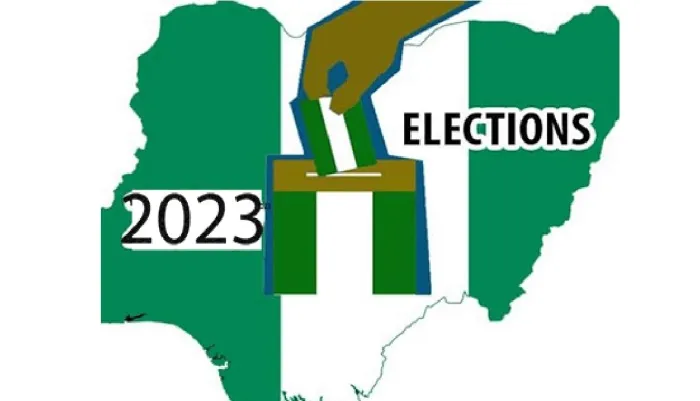
 Join Daily Trust WhatsApp Community For Quick Access To News and Happenings Around You.
Join Daily Trust WhatsApp Community For Quick Access To News and Happenings Around You.